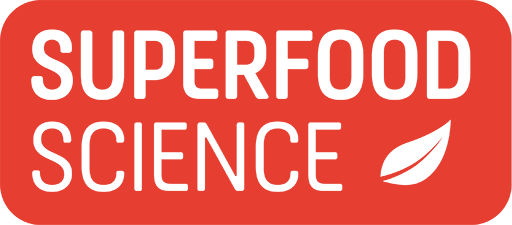When we think about heart health, prescription medications, exercise, and diet usually come to mind. But did you know that a natural spice you may already have in your kitchen—turmeric—has powerful benefits for cardiovascular support?
At the core of turmeric’s health-promoting properties is curcumin, a polyphenolic compound known for its antioxidant and inflammation-balancing activity. Recent studies show that curcumin may help support heart function even in individuals without existing heart conditions, making it a promising ally for preventive wellness.

What Is Curcumin and How Does It Support the Heart?
Curcumin is the most researched bioactive component in turmeric (Curcuma longa). It’s been traditionally used for centuries, and modern science confirms it has antioxidant and inflammation-regulating properties—two key factors in maintaining cardiovascular health (Hewlings & Kalman, 2017).
More specifically, curcumin supports the endothelium, the lining of your blood vessels that regulates blood flow, pressure, and vessel relaxation. Healthy endothelial function is crucial for overall heart health.
Clinical Insight: CurcuWIN® Curcumin and Endothelial Function
Study Objective
The goal was to assess whether daily supplementation with either low or high doses of CurcuWIN® over eight weeks could improve endothelial function, a key marker of vascular and heart health.
Study Design
The double-blind, placebo-controlled, parallel-group clinical trial enrolled 59 nonsmoking men and women between the ages of 19 and 29. Participants were randomized into three groups:
- Placebo (cornstarch)
- Low dose: 50 mg curcumin (250 mg CurcuWIN®), taken 3x/day
- High dose: 200 mg curcumin (1,000 mg CurcuWIN®), taken 3x/day
Flow-mediated dilation (FMD)—a gold-standard, non-invasive measure of endothelial function—was assessed before and after the eight-week supplementation period.
Key Findings
Participants in the high-dose group (200 mg) experienced a clinically significant 3.0% increase in FMD (p = 0.032), reflecting improved vascular responsiveness and heart function.
The low-dose group (50 mg) showed a 1.7% increase, which did not meet the clinical significance threshold but was still promising. The placebo group showed no meaningful improvement. Importantly, no adverse effects were reported, and the formulation used showed enhanced bioavailability compared to standard curcumin (Oliver et al., 2016).
Why CurcuWIN® Matters
Not all curcumin supplements are created equal. CurcuWIN® is formulated to improve the bioavailability of curcumin, which normally has poor absorption in the body. It contains all three major curcuminoids—curcumin, demethoxycurcumin, and bisdemethoxycurcumin—and is backed by human clinical trials.
Taking curcumin in a bioavailable form like CurcuWIN® means your body can absorb and utilize its beneficial compounds more effectively.
Daily Heart Support Made Simple
If you’re looking for a natural way to support heart health, turmeric curcumin may be a smart addition to your daily wellness routine—even if you’re already healthy.
We recommend Vitality Rescue™, a high-quality supplement featuring:
- 250 mg CurcuWIN® per capsule
- Omega-3 rich tuna oil for additional cardiovascular support
- Black pepper extract (piperine) to further enhance absorption
Just one capsule a day provides a powerful and convenient way to support your heart naturally.
Final Takeaway
Turmeric curcumin for heart health is more than a trend—it’s a science-backed strategy to support vascular function, circulation, and overall wellness. Whether you’re proactively caring for your heart or seeking to boost your vitality, incorporating a clinically studied curcumin supplement may be a worthwhile step toward long-term cardiovascular health support.
References
- Hewlings, S. J., & Kalman, D. S. (2017). Curcumin: A review of its effects on human health. Foods, 6(10), 92. https://www.ncbi.nlm.nih.gov/pmc/articles/PMC5664031/
- Oliver, J. M., Stoner, L., Rowlands, D. S., Caldwell, A. R., Sanders, E., Kreutzer, A., Mitchell, J. B., Purpura, M., & Jäger, R. (2016). Novel form of curcumin improves endothelial function in young, healthy individuals: A double-blind placebo controlled study. Journal of Nutrition and Metabolism, 2016, Article ID 1089653. https://doi.org/10.1155/2016/1089653
- Green, D. J., Hopman, M. T., Padilla, J., Laughlin, M. H., & Thijssen, D. H. (2017). Vascular adaptation to exercise in humans: Role of hemodynamic stimuli. Physiological Reviews, 97(2), 495–528. https://doi.org/10.1152/physrev.00014.2016

